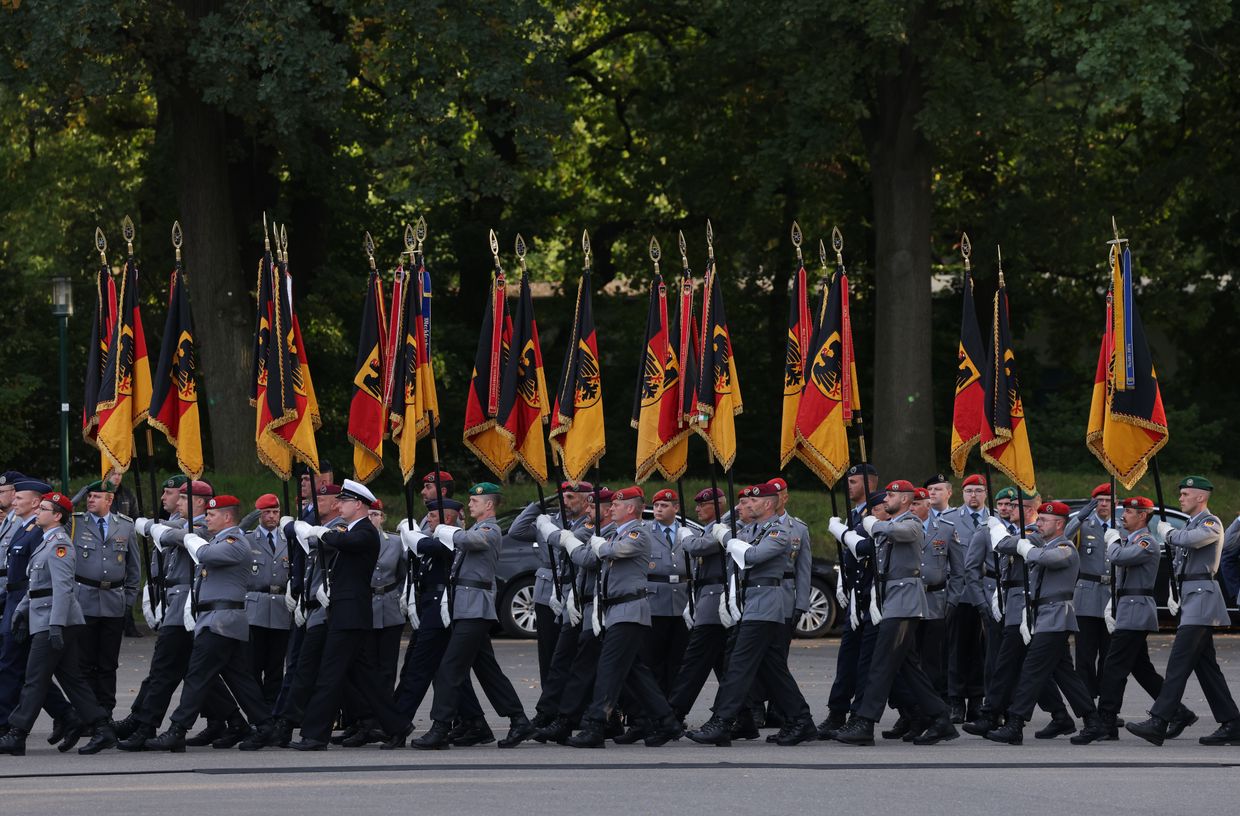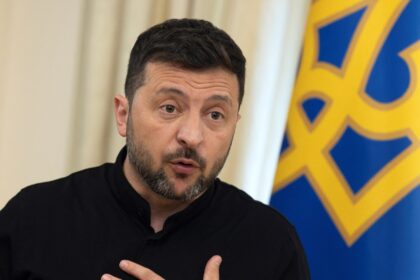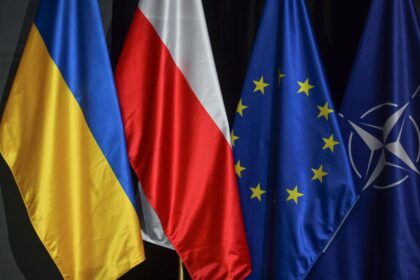**Germany Stands Firm on Defense Spending, Rejects Budget Hikes**
In a move that reflects its growing emphasis on defense spending, Germany is pushing to prioritize military expenditures in the next European Union (EU) budget. According to a position paper obtained by the Financial Times, Berlin aims to allocate EU funds towards joint arms procurement and expanding production capacity among European weapons manufacturers.
This shift comes as a response to Russia’s ongoing threat and increasing pressure from US President Donald Trump for Europe to take on more of its own defense responsibilities. Germany is seeking to increase domestic military spending while opposing any hikes in national contributions to the EU budget. The country’s current stance is that direct contributions should remain at 1% of EU GDP.
**Germany Proposes Administrative Cuts, Simplification**
To free up funds for these priorities, Germany proposes cutting administrative costs and simplifying the EU budget structure. This includes reducing the number of programs, granting the European Commission more flexibility to shift funds, and focusing spending on strategic areas such as cross-border infrastructure, energy security, digitalization, and innovation.
**Rejection of Joint Borrowing Programme Extension**
Germany also firmly opposes extending the EU’s post-Covid joint borrowing programme, stressing that repayments for the 800 billion euro fund must begin in 2028 as scheduled. While open to discussing new EU-level revenue sources such as a carbon border levy or minimum corporate tax, Berlin remains steadfast in its rejection of direct national contribution hikes.
**Commentary**
Germany’s position paper reflects a broader shift in European defense priorities amidst growing security concerns. As the bloc’s largest economy and top net contributor, Germany is taking a leading role in shaping EU defense spending policies. By prioritizing joint arms procurement and expanding production capacity among European manufacturers, Berlin aims to strengthen EU defense capabilities while also reducing its own reliance on US military assistance.
**Analysis**
The proposed cuts to administrative costs and simplification of the EU budget structure are aimed at streamlining expenditures and freeing up funds for strategic areas such as energy security and digitalization. This move is likely to be met with resistance from other EU member states, particularly those that have been historically opposed to increased defense spending.
Germany’s rejection of direct national contribution hikes will also be closely watched, as it reflects a broader trend of EU countries seeking to reduce their financial burdens while still maintaining the bloc’s ability to respond to security threats. The implications for future EU budget negotiations and defense cooperation will be significant, and observers are likely to closely monitor Berlin’s position on these matters.
Read More @ kyivindependent.com












